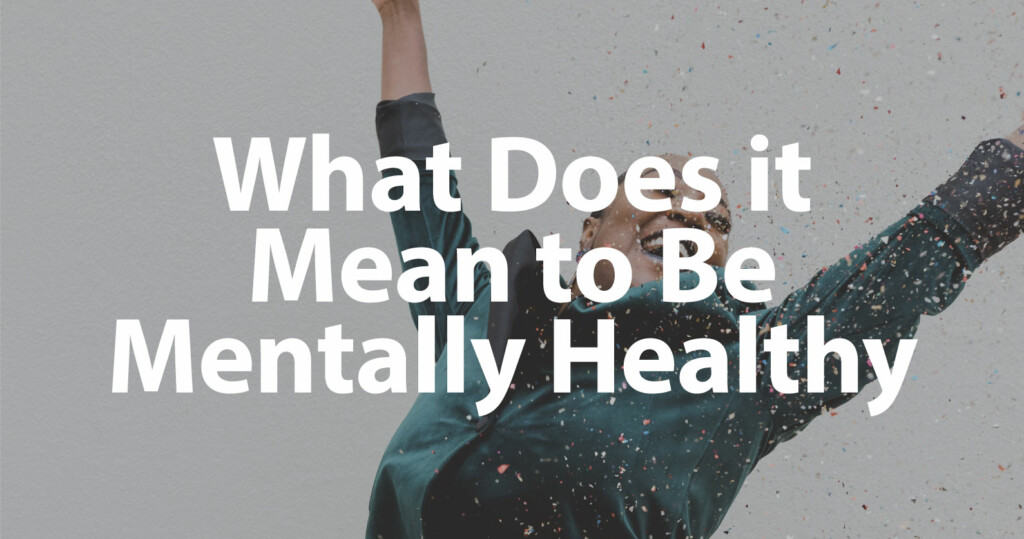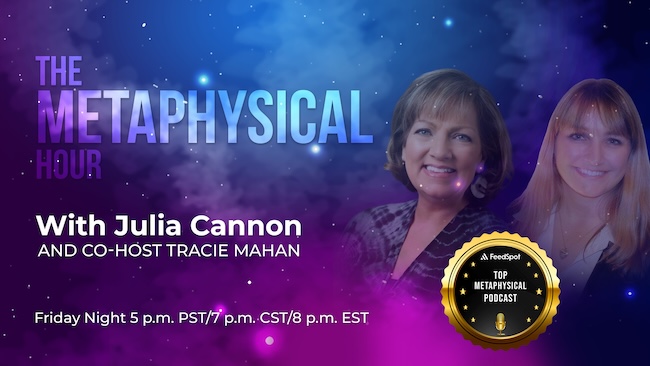
“Mental health is not a destination, but a process. It’s about how you drive, not where you are going.” – Naom Shpancer
If you are mentally healthy you are blessed with wellness of the mind and the absence of mental illness. But what exactly is Mental healthy and why is it so important?
What Is Mental Health?
Our mental health encompasses our view of the world, in terms of our thought patterns and how we act out on them. It is inclusive of our social efficacy, psychological stability, and our emotional well-being. Our ability to understand or empathize with other people is reliant on our mental health, as well as, our stress management.
What does it mean to be mentally healthy?
 If you are of sound mental health you are blessed with the wellness of the mind and the absence of mental illness. Struggling with your mental health does not necessarily mean you suffer from any mental health issues, like schizophrenia or bipolar disorder. It does, however, mean your perception is clouded by negative thoughts and this will make it hard for you to relate to others, including your loved ones, who can on occasion be the hardest ones to understand. Mental health means you are able to manage your emotions and your behavior will follow suit, allowing you to get better enjoyment out of life.
If you are of sound mental health you are blessed with the wellness of the mind and the absence of mental illness. Struggling with your mental health does not necessarily mean you suffer from any mental health issues, like schizophrenia or bipolar disorder. It does, however, mean your perception is clouded by negative thoughts and this will make it hard for you to relate to others, including your loved ones, who can on occasion be the hardest ones to understand. Mental health means you are able to manage your emotions and your behavior will follow suit, allowing you to get better enjoyment out of life.
What makes a person mentally healthy?
Mental health conditions like anxiety or bipolar disorder are experienced by 5% of the adult population. Being mentally healthy is not the absence of the said disorders or mental illnesses.
Being a mentally healthy person is someone who is able to function in a number of aspects of their lives from making and keeping friends, understanding the roots of their emotions, and acting out on them accordingly.
How do you know if you are mentally healthy?
 If you are mentally healthy it means your ability to function in certain aspects of your life is at an optimal level.
If you are mentally healthy it means your ability to function in certain aspects of your life is at an optimal level.
- Ability and willingness to learn
Having a negative mindset can instill hesitation or fear of rejection or humiliation. If you manage those aspects positively with things like positive affirmations,
- Maintain good relationships
Having optimal mental health allows you to empathize with others. It also allows you to enjoy your time when you are out with your friends and be more present at the moment. having good mental health can also enable you to perceive everything as a threat or criticism.
- Bounces back
 Resilience and perseverance are also qualities someone with good mental health possesses. Resilient people tend to be resourceful and have a means of sorting out any situation so they can continue along their path.
Resilience and perseverance are also qualities someone with good mental health possesses. Resilient people tend to be resourceful and have a means of sorting out any situation so they can continue along their path.
- Great support system
If one is lonely, without a supportive system of friends and family you will struggle with poor mental health. Someone who is supported by others is able to offer support themselves, thus facilitating a life of positivity and growth. This is especially important during this Coronavirus pandemic we are all living through.
- Less expectation
It can emotionally hurtful or disappointing if people do not meet up to your expectations. People with sound mental health do not see themselves up for disappointment and they appreciate that which comes their way.
How to be mentally healthy: 8 Tips to cultivate good mental health
 Do not fear that you have a mental disorder just because you had a breakdown or resorted to substance use. There is a difference between a mental illness and making poor choices. This is just a sign you need to work on yourself. The good news there are many preventative methods you can practice which will not take a huge amount of time out of your life. Here is a list of eight.
Do not fear that you have a mental disorder just because you had a breakdown or resorted to substance use. There is a difference between a mental illness and making poor choices. This is just a sign you need to work on yourself. The good news there are many preventative methods you can practice which will not take a huge amount of time out of your life. Here is a list of eight.
1. Sleep
Not getting enough sleep can negatively impact your mental health
2. Exercise
Your physical health is closely related to your mental health. You can achieve wellness if the two are functioning well. Physical activity leads to the production and release of endorphins, commonly known as the happy hormone.
3. Laughter
 A belly full of laughter has a huge impact on the amount of oxygen intake and flow within your body. This helps to spread the rush of endorphins thus limiting the amount of cortisol – the stress hormone.
A belly full of laughter has a huge impact on the amount of oxygen intake and flow within your body. This helps to spread the rush of endorphins thus limiting the amount of cortisol – the stress hormone.
4. Practice mindfulness
In the fast-paced routines of our lives, we can often get swept away with all the emotions and thoughts we experience. Being mindful means being aware of your emotional health. Take note of how certain situations make you feel.
5. Meditate
Practicing regular meditation has shown signs of improvement in your concentration, self-esteem. It can reduce your levels of stress and help manage your anxiety and depression.
6. Positive affirmations
It is a natural human response to be negative towards something you do not understand yet. Practicing positive affirmations like: “I am”; or; “I can” facilitates positivity and hopefulness when learning new skills.
7. Practice gratitude
 Let attitude be your attitude! studies have suggested the daily appreciation of everything and everyone you have in your life. This enables you to think of the positive aspects of your life and those will, in turn, assist with the negative.
Let attitude be your attitude! studies have suggested the daily appreciation of everything and everyone you have in your life. This enables you to think of the positive aspects of your life and those will, in turn, assist with the negative.
8. Professional help
Seeking professional help has a negative stigma against it but it should never be feared. We all go through ups and downs but it is advised that if your downs last more than a fortnight, your self-efficacy takes a tumble, or if your thoughts turn suicidal then you should seek out some guidance. This can come in the form of psychiatry where they can prescribe antidepressants, only if necessary.
Key takeaways on being mentally healthy
Achieving wellness is an undeniably important mission for our lives and in order to achieve this one must. Be sure to be mindful of your daily life experiences and potential mental health problems and be open to accepting health care if needed to help deal with the inevitable changes that life brings.
 Written by:
Written by:
Jade Small





Leave a Reply
You must be logged in to post a comment.